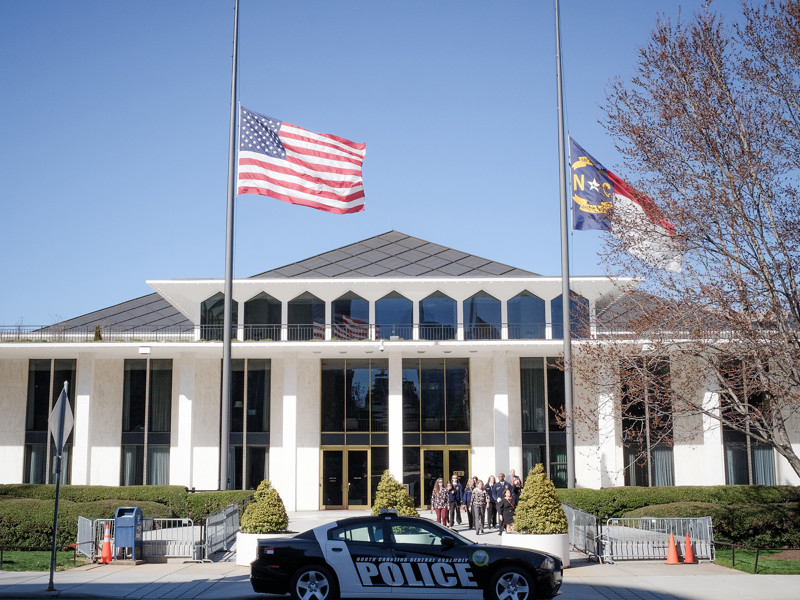Create an adequate and permanent funding stream for local infrastructure.
-
Infrastructure – including roads, water, sewer, stormwater, parks and beaches – is critical to economic development and job creation.
-
Many cities in the state are growing, creating a constant need for investment to keep pace with population growth; many cities and towns also have aging infrastructure that must be replaced.
-
Creating long-term and more permanent funding streams for infrastructure will ensure adequate investments so that North Carolina thrives now and into the future.
Expand state transportation funding streams for construction and maintenance of municipal and state-owned secondary roads.
-
Current Powell Bill and other state funding is not adequate to address transportation needs, particularly as they affect municipal and state-owned secondary roads.
-
In many cities and towns, major commuting corridors are not receiving the level of investment needed to keep pace with traffic.
-
More investment is needed for these roads if existing residents are to embrace business and residential growth.
Create incentives that encourage and adequately fund regionalized water and sewer solutions.
-
A number of municipal water and sewer systems continue to financially struggle with deferred maintenance needs.
-
These challenges came about largely due to population and job losses in rural areas, leading to an erosion of taxpayer and ratepayer bases.
-
While legislators and municipalities have begun to address these issues with the creation of the Viable Utility Reserve and the use of ARPA funding, state estimates show needs still exceed expenditures by several billion dollars.


